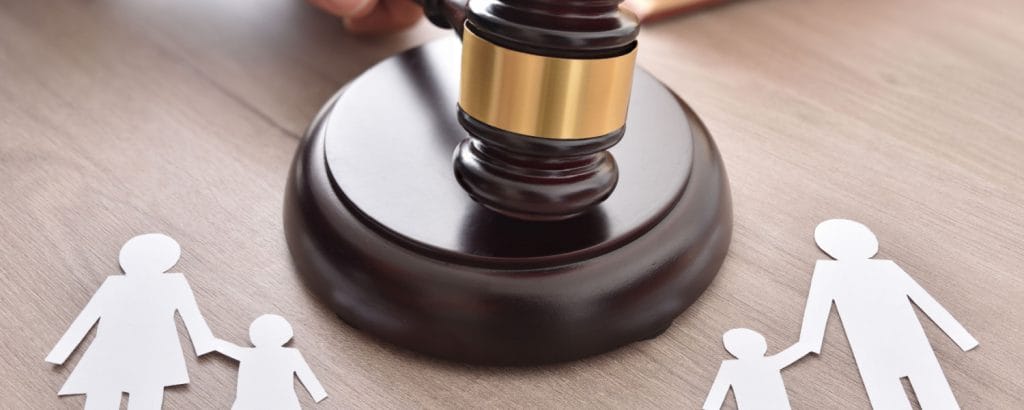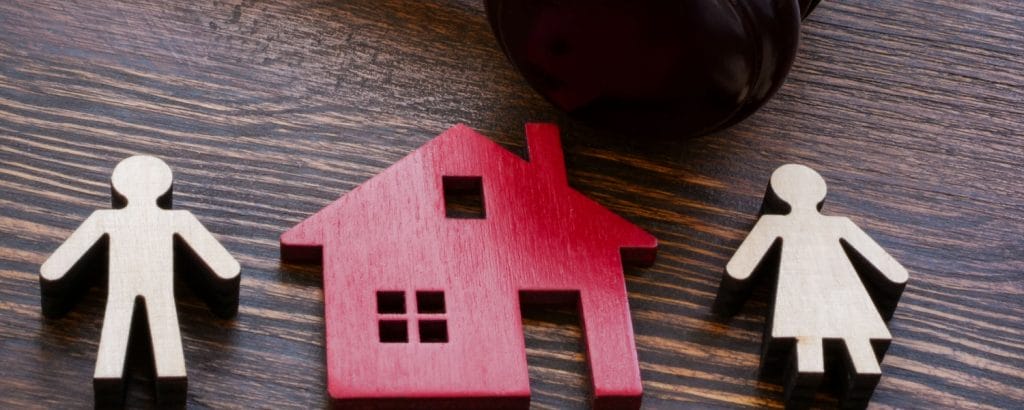Divorce is a life-altering decision, and it’s not one that people make lightly. When a marriage reaches the point of no return, couples often go through a rollercoaster of emotions before, during, and after the divorce process. While some individuals may feel a sense of relief and liberation post-divorce, others may experience what is commonly referred to as “divorce regret.” In this article, we will explore the concept of divorce regret, when it typically sets in, and how to cope with it.

Understanding Divorce Regret
Divorce regret is a complex and emotionally charged phenomenon. It occurs when individuals who have gone through a divorce begin to question their decision and feel a profound sense of loss or sadness. It is normal to feel sad or upset after a major life change, but these negative feelings can cause disruptions to your day to day life and prevent you from moving forward after a divorce. It’s important to note that divorce regret is not universal, and not everyone who divorces will experience it. It varies from person to person and often depends on the specific circumstances surrounding the divorce.
Sometimes people feel embarrassed during the process because they feel they have failed somehow. They may wonder what others think about them. Some people do not want others to find out about their divorce and may wonder if divorce is a public record. Courts do what they can to protect the privacy of those involved, which usually means hiding the names of children involved, hiding phone numbers and addresses, and sealing any personal information like financial statements if any of this information is included in court filings. To learn more about how courts protect your privacy during a divorce check out “Is Divorce a Public Record in Illinois?”
When Does Divorce Regret Set In?
Divorce regret does not happen to everyone, and it does not always happen at the same time. Often the person that experiences more regret in a divorce is the person who did not ask for the divorce. If you are blindsided by a divorce petition, or do not want a divorce, it is more likely that divorce regret will set in more quickly. For the petitioner, or the spouse that filed the divorce petition, it is less likely that divorce regret will set in since they had time to prepare for the decision before carrying it out.

There are different times divorce regret can set in, including:
- Immediately After Divorce: For some people, divorce regret can hit them like a tidal wave as soon as the ink is dry on the divorce papers. The sudden realization that this decision is final can be overwhelming for some.
- During Major Life Events: Divorce regret might surface during significant life events, such as when a former spouse remarries, when children grow up and move out, or when milestones like retirement or a child’s graduation occur.
- Loneliness and Isolation: Feelings of isolation and loneliness can intensify divorce regret. When individuals find themselves alone without the emotional and practical support of a spouse, they may question their decision to divorce.
- Financial Challenges: The financial repercussions of divorce can also trigger regret, especially if one spouse experiences financial difficulties post-divorce. Sometimes people have to downsize their lifestyle after a divorce since they now only have one income and may be paying alimony or child support. This can add extra stress.
- Parenting Challenges: Co-parenting can be fraught with challenges, and disagreements with an ex-spouse over children’s upbringing can lead to divorce regret. Divorce can lead to an adversarial relationship between parents, which can also make parenting more difficult.
During these times, you may wonder if your divorce case can be reopened. There are various reasons why someone might want to reopen a divorce case. To learn more, check out “Once A Divorce Is Final Can It Be Reopened?”You can also check out your local county courthouse’s website for helpful forms and resources.

Coping with Divorce Regret
There are many different ways to get needed help after an emotional divorce. It is important to handle these issues healthily. It can be easy to let feelings of divorce regret lead to unhealthy coping mechanisms. To help handle these feelings try the following:
- Seek Professional Help: If you find yourself overwhelmed by divorce regret, consider talking to a therapist or counselor. This is often the first step many people try after a divorce. These professionals can help you process your feelings and provide strategies for handling these feelings moving forward.
- Reevaluate Your Decision: It’s essential to give yourself time and space to reflect on your decision. Take your time to understand your feelings, possibly utilizing the help of mental health professionals. Sometimes, regret can be a fleeting emotion, and with time, you may come to reaffirm the reasons behind your divorce.
- Focus on Self-Improvement: Post-divorce can be a time for personal growth and self-improvement. Invest in yourself, both emotionally and physically. Pursue your passions and interests. Often people have a bit more free time after a divorce, which is a good opportunity to pick up a hobby or get back into one.
- Reconnect with Supportive Friends and Family: Lean on your support network. Reach out to friends and family who have your best interests at heart and can provide a shoulder to lean on. This can help to distract from your negative feelings, but it can also offer an outside perspective from people that know you well.
- Set New Goals: Create new goals and aspirations for yourself. This can help you redirect your energy and focus on the future rather than dwelling on the past.
Some clients also wonder how long after a divorce is finalized do they have to wait before remarrying. To learn more check out “How Long After A Divorce Can You Remarry?”
Conclusion: When Does Divorce Regret Set In?
Divorce regret is a complex and highly personal experience that can manifest at various times in one’s life. It’s important to remember that feelings of regret are not necessarily an indication that the divorce was a mistake. The decision to divorce is deeply personal and rooted in the unique circumstances of the relationship. If you find yourself grappling with divorce regret, seeking professional guidance, and engaging in self-care can help you navigate this challenging emotional journey. Remember that healing and personal growth are possible, and life after divorce can be fulfilling and rewarding.
MEET WITH AN ILLINOIS FAMILY LAW ATTORNEY TODAY
The Family Law attorneys at Koth Gregory & Nieminski understand that your family is the top priority, which is why we offer SAME-DAY APPOINTMENTS. If you need a divorce or other family law services, you can schedule your first meeting through our online appointment calendar. We look forward to meeting you.
Disclaimer: This article (Can You Get a Prenuptial Agreement After Marriage?) may contain information that is outdated as Illinois law continuously evolves. Meeting with an experienced family law attorney is the best way to ensure you are receiving the most current information on Can You Get a Prenuptial Agreement After Marriage?

Published by Dustin Koth on October 17, 2024
